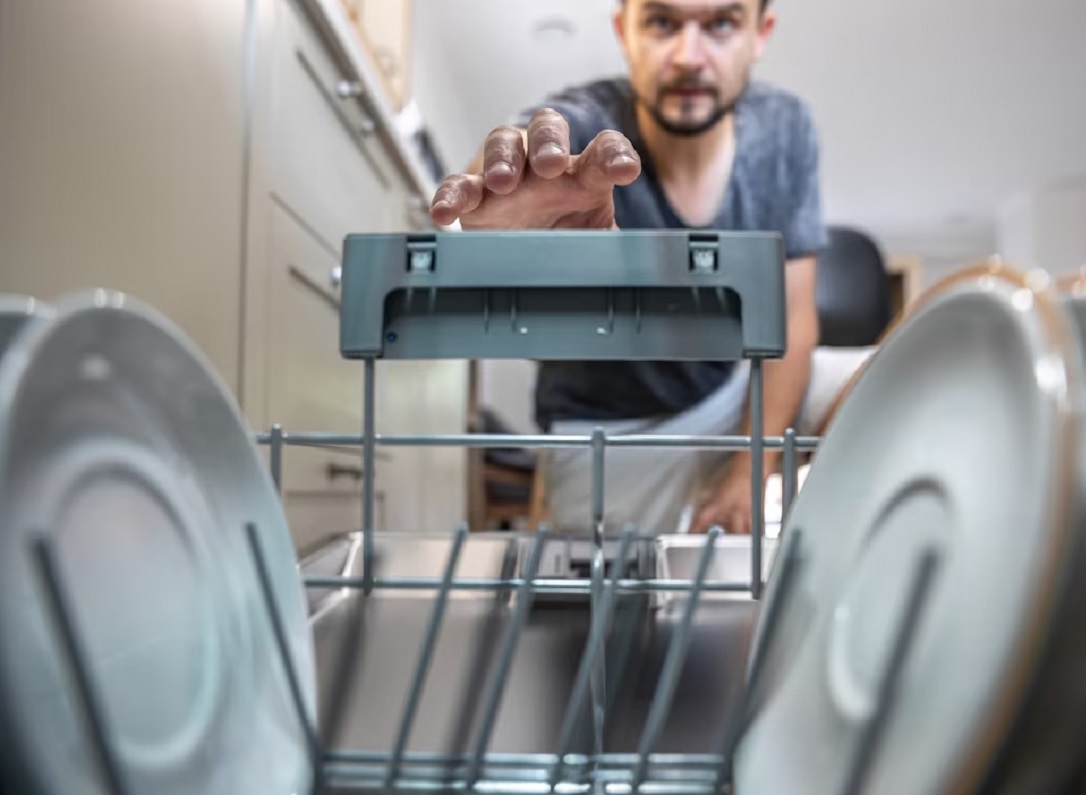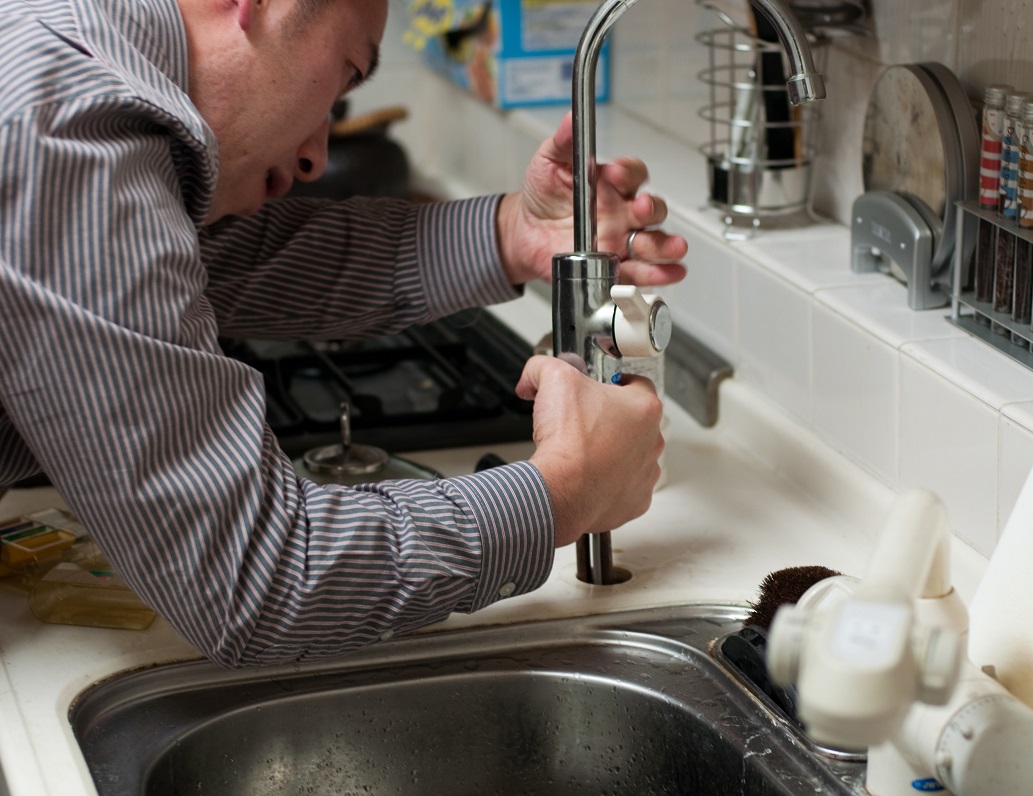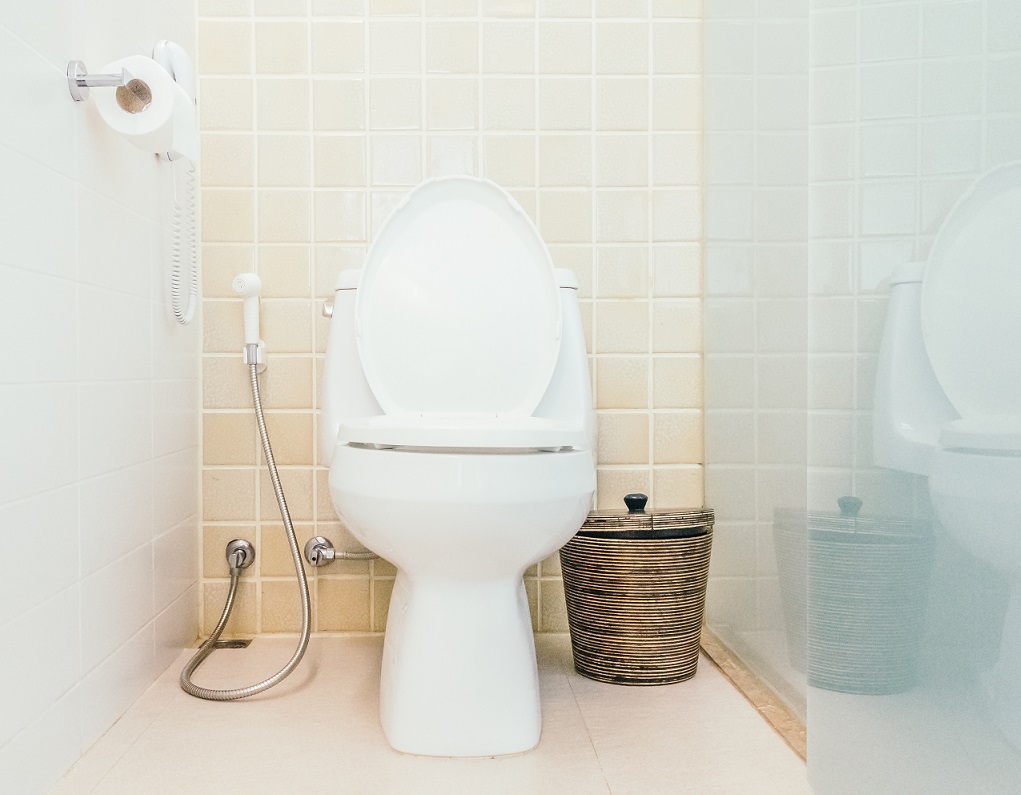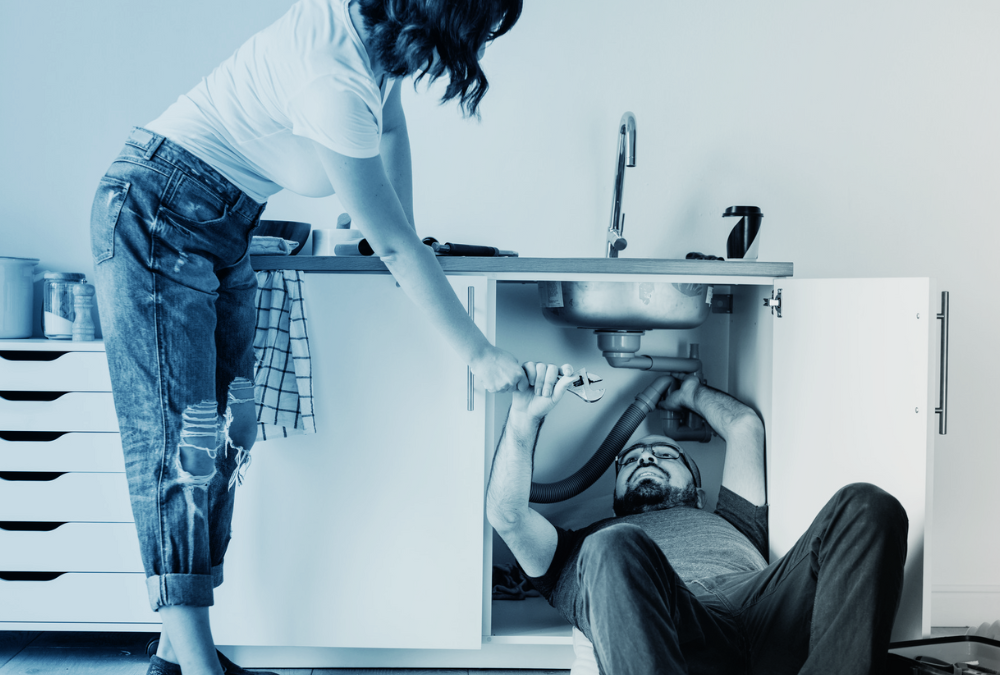Are you feeling inspired to take on some DIY projects around your house?
It’s always exciting to put on your handyman or handywoman hat and tackle small tasks on your own. However, when it comes to plumbing, you need to know what you can and can’t do in New Zealand. So, we’ve put together some guidance for you.
Plumbing work is classified as restricted work in New Zealand. This means that certain tasks must be carried out by a licensed plumber to ensure the well-being of your family and the integrity of your home. However, there are still several plumbing-related tasks you can handle as a homeowner in New Zealand.
Don't DIY your Plumbing from Colette Freel on Vimeo.
According to Colette Freel from FlowFix,
“For health and safety reasons, it’s crucial to understand what you can and can’t do in terms of your home plumbing.”
As a homeowner, you can take charge of fixing or replacing certain components within your plumbing system without compromising safety or breaking the law.
Here are a few examples of DIY plumbing tasks that you can tackle:
Dishwashers and Washing Machines:
If your dishwasher or washing machine is acting up, you can roll up your sleeves and get stuck in.
“You can fix or replace your dishwasher or washing machine without any issues. It’s a DIY task that you can confidently take on.”
So, if you’ve been wrestling with a temperamental dishwasher or a leaky washing machine, go ahead and replace those leaking hoses and taps. Give it a crack.
Tapware and Washers:
Tired of that dripping tap? Another task you can handle is changing the tapware in your house or the washers within your tapware. Colette explained,
“If you’re looking to update the appearance of your taps or fix any dripping, it’s absolutely within your capabilities to do so.”
So go ahead. A small DIY intervention can go a long way in restoring peace and saving water and you can give your kitchen or bathroom a fresh, new look.
Ball Valves (Float Valves) in Toilet Cisterns:
Does your toilet cistern keep running? Additionally, you have the green light to change ball valves, such as float valves, within your toilet cistern.
“This is something you can handle as a homeowner, and it can make a significant difference in your toilet’s performance.”
So, if you notice any issues with your toilet’s flushing mechanism, you can confidently replace the ball valve on your own. It’s a relatively simple fix that can save you from unnecessary frustration.



Call in the professionals
It’s important to note, however, that most other plumbing work falls under the sanitary work category and requires a licensed plumber’s expertise. These more complex tasks, such as the installation or repair of pipes, toilets, showers, or water heaters, should be entrusted to qualified professionals. Colette emphasised,
“To ensure the safety of your family, prevent costly mistakes, and maintain the validity of your insurance, it’s crucial to leave this work to the professionals.”
At FlowFix Plumbing, we believe in empowering homeowners with knowledge while prioritizing safety. By understanding the boundaries of DIY plumbing, you can confidently maintain your home and prevent minor issues from turning into major headaches.
If you have further questions or need clarification on specific tasks, Colette encourages you to reach their plumbing firm for expert advice.
“Your plumber will be more than happy to address any concerns you have and provide the guidance you need to make informed decisions”.
So, if you need professional plumbing assistance, whether for those restricted tasks or any other plumbing job, our team at FlowFix Plumbing is here to help. We pride ourselves on providing exceptional service to residents and business owners in Orewa and beyond.

